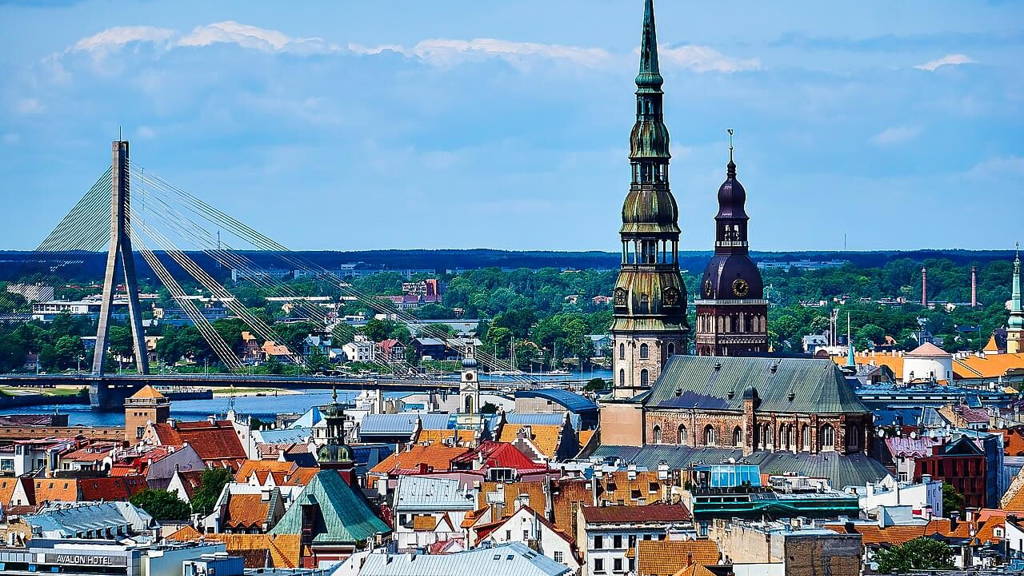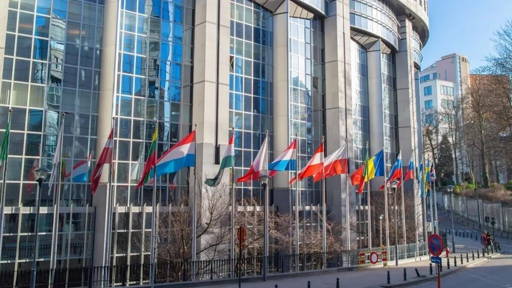For health research
The Declaration on linking genomic health data across borders is an agreement of cooperation between the signatory countries, which are committed to collaborate on the secure and authorised access to national and regional banks of genetic and other health data. This will contribute to better health and care delivery to European citizens and ensure Europe's leading place in health research. Sharing more genomic data will contribute to better prevention of diseases and more accurate personalised treatments, in particular for cancer and brain related diseases, as well as for rare diseases.
Mariya Gabriel, Commissioner for Digital Economy and Society: "EU cooperation on linking genomic health data becomes ever more important to advance personalised health care, better prevention and excellence in research. We are happy to see Latvia joining the other 18 signatory Member States and look forward to enhance this European collaboration."
There are still major challenges to overcome: data silos, lack of harmonisation, common standards, interoperability
The kick-off meeting of the implementation of the declaration ‘
Towards access to at least 1 million sequenced genomes in the European Union by 2022’ took place on 14 September 2018 in Brussels. During this first meeting, decisions were taken on how to best reach the target of making 1 Million sequenced genomes available in the EU by 2022. The Signatories are collaborating closely on reaching an agreement on the most suitable governance model of cooperation, as well as on technical requirements and infrastructure needs. Ethical, legal and social aspects of trustworthy and secure data access are also carefully addressed. Regular meetings between the Signatories are already planned for the coming weeks.
Importance of genomics
Linking access to national genomic databanks and biobanks across Europe will make it possible to capitalise on a large and heterogeneous population and achieve larger samples, needed to achieve real breakthroughs in personalised medicine, cancer research, brain-related diseases and other conditions. Advances in digital technology make it nowadays possible to pool genetic information securely across EU borders for research purposes.
However, there are still major challenges to overcome, such as data silos, lack of harmonisation, common standards, interoperability, no integration with Electronic Health Records (EHR) and fragmentation of smaller national initiatives.
The Member States' commitment to this initiative proves a real willingness to cooperate to overcome those challenges and contribute to a larger cohort of genomic data in the EU, which will enable more clinically impactful research, improve the understanding and prevention of diseases and allow for more personalised treatments.
19 signatory member states
The declaration 'Towards access to at least 1 million sequenced genomes in the European Union by 2022', which was originally launched on 10 April 2018 during Digital Day 2, has been signed already by Austria, Bulgaria, Croatia, the Czech Republic, Cyprus, Estonia, Finland, Greece, Italy, Lithuania, Luxembourg, Malta, the Netherlands, Portugal, Slovenia, Spain, Sweden and the UK. Lithuania became the 19th Member State to join this initiative.
Source: ec.europa.eu






